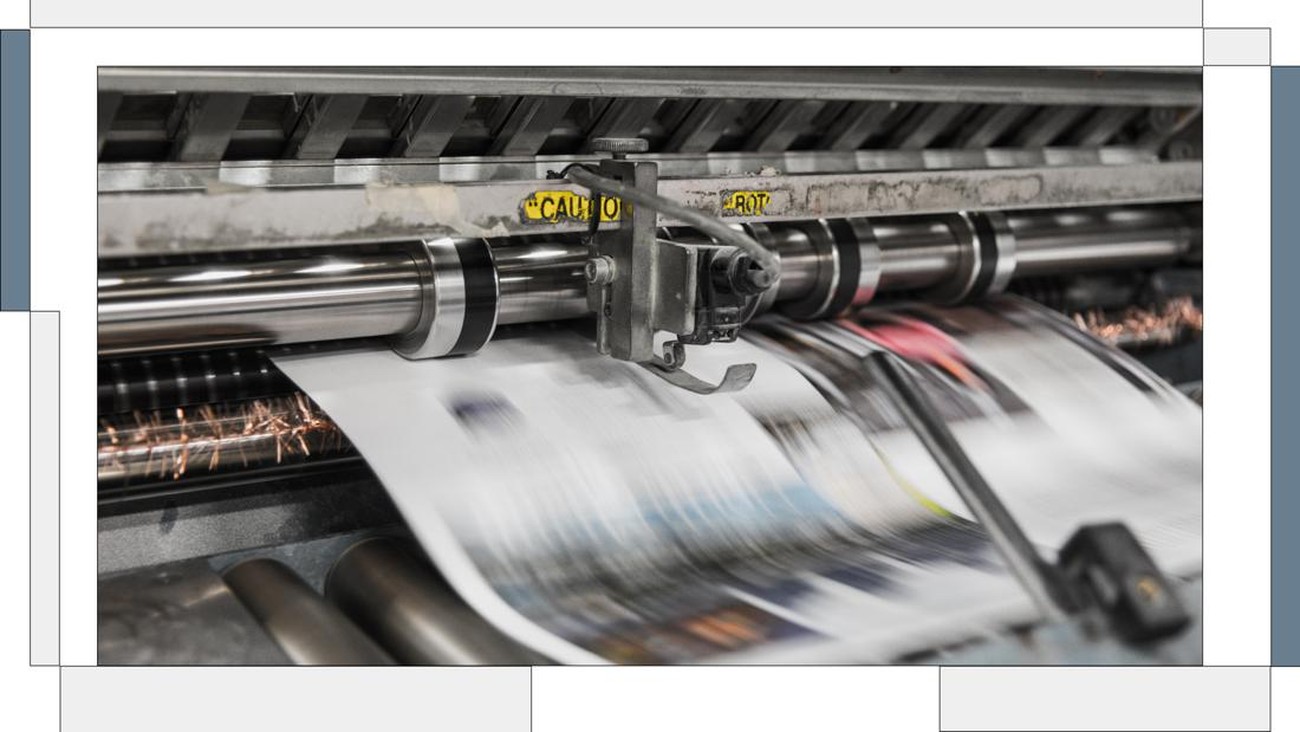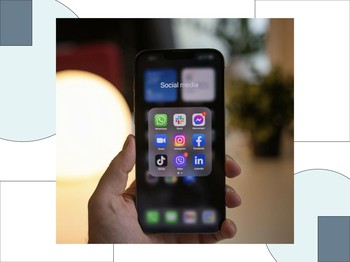Misinformation in the media has been running wild. We think WhatsApp groups run by baby boomers and their constant sharing from one group to another has been wild. Well, the truth is, even the digital savvy generation is also prone to be tricked by misinformation in the media. Media literacy is the ability for one to access, critically evaluate, and manipulate data, but somehow, in reality, many people forget to fact-check the information that is given to them. For most, they tend to take a grain of salt, while for others they just swallow it wholly without any doubt. When information is consumed without double checking and shared to many more people, the result can be damaging and not many realize it.
The wealth of data given to us--and most of them are freely accessible--still should be examined skeptically. It's important to have media literacy in our daily lives, starting with asking questions, "Is this news credible? Is the news site credible? Does it exist in other news sites? Is this information accurate? Who is the intended audience of this information?"
Baca Juga : Digital Minimalism |
Media literacy allows people to gather valid and important information on the internet's cloud data by discovering reliable resources and identifying bias in the media. Without the knowledge of media literacy, the audience can easily misinterpret recent news or events due to how it is painted in a certain light that favors one side of the story. Hence, it is necessary to have a strong principle to form our own opinions and views on certain situations. Media bias can lead to the audience not fully understanding certain circumstances and topics while we as audience have the strongest effect based on our opinions. According to research, 62 percent of internet users see content they believe to be untrue or doubtful in 2021 alone. This means that this group of people tend to have media literacy where they tend to be far more critical about content they see or read on the daily.
Learning about media literacy is not only to think critically on the online surface, but also in real life. It fosters skills that help people to work together because it encourages respectful discourse and builds self-confidence skills (e.g. public speaking). Media literacy will always be a key role in every generation amidst a wave of data, news, and information, as the audience will gather all information and filter out the key points of each respective data.



